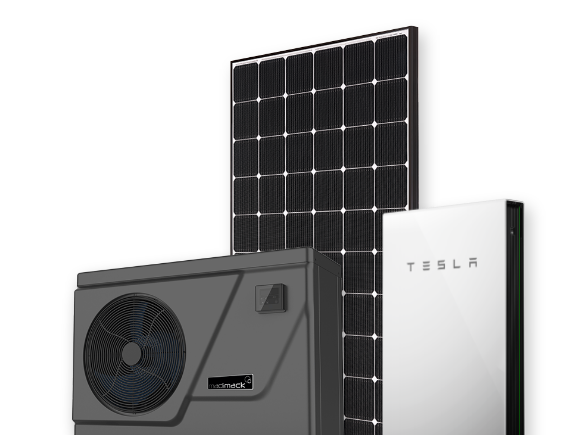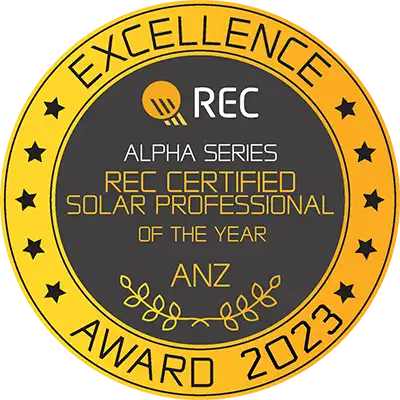
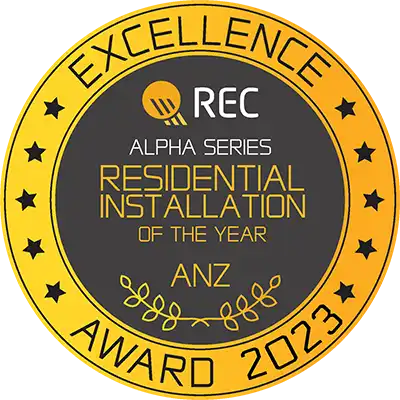
SOLAR PANELS
THE SOLAR PANELS WE TRUST
Solarpro is a well established and trusted solar power and battery installation company. We specialise in custom designed Smart Solar Power Systems that incorporate various innovative solutions and products for different needs and budgets.
To maintain our position as a trusted, quality company we carefully research not just the products we use but also the stability of the manufacturing companies. The solar panels we use have robust warranties and Solarpro itself has a 10 year Whole of System Warranty on its installations. When it comes to solar panels, Solarpro offers you the latest World class solar panel technology from established brands that you can trust such as SunPower, REC, SolarEdge and Suntech.
Our latest innovative solar panel offering is Building Integrated Solar Panels from Sollos.
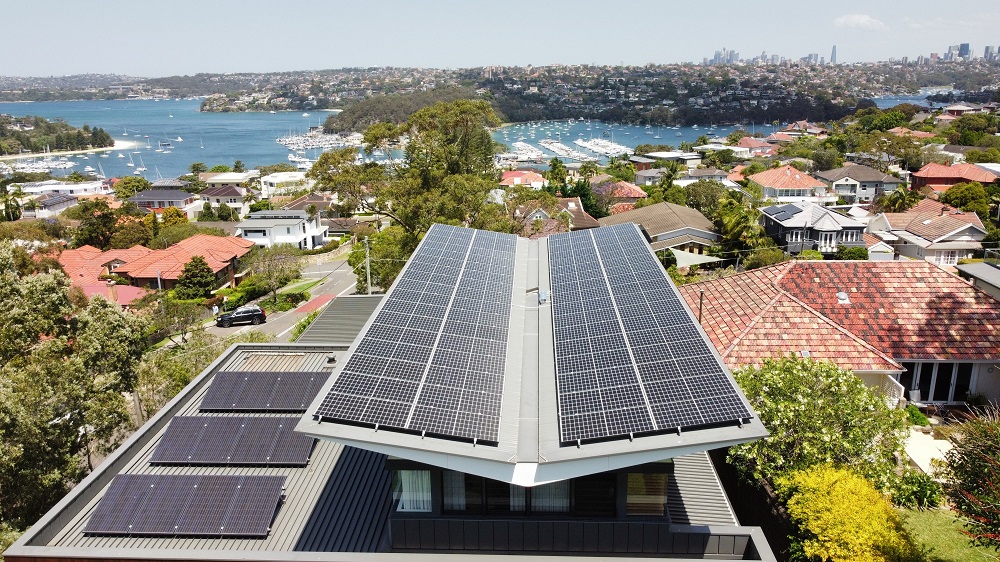
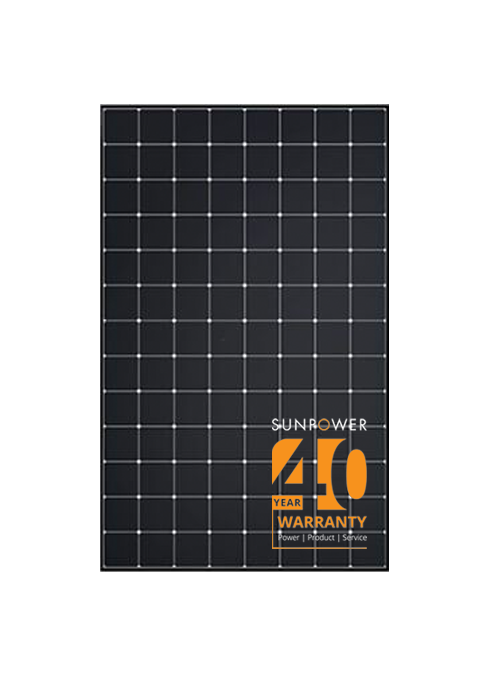

SUNPOWER MAXEON – 430W SOLAR PANEL, UP TO 40yrs WARRANTY
The SunPower Maxeon 3 has a metal foundation in its solar cell making it very tough and shade resistant. It is recommended with Solarpro’s Premium Plus optimised solar power system for customers who want top energy generation, exceptional reliability and a long warranty.

REC - MULTI-AWARD WINNING, TRAILBLAZING PANEL
REC Alpha Pure panels use ground-breaking technology for maximum power. Top quality with a 25year product warranty these are Solarpro’s Premium Plus panels. Recommended for installation with a SolarEdge optimised inverter for a complete peace of mind solar power system.
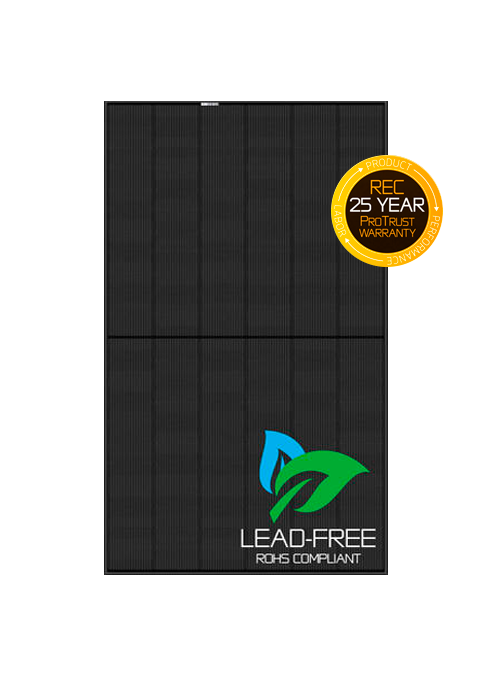


SOLAREDGE – OPTIMISED SOLAR PANEL
SolarEdge panels have optimisers embedded in them to enable independent panel operation and monitoring. Installed with a SolarEdge inverter they are Solarpro’s Premium smart solar power option. An all-in-one solution, by the World leader in optimised, maximum power solar systems.
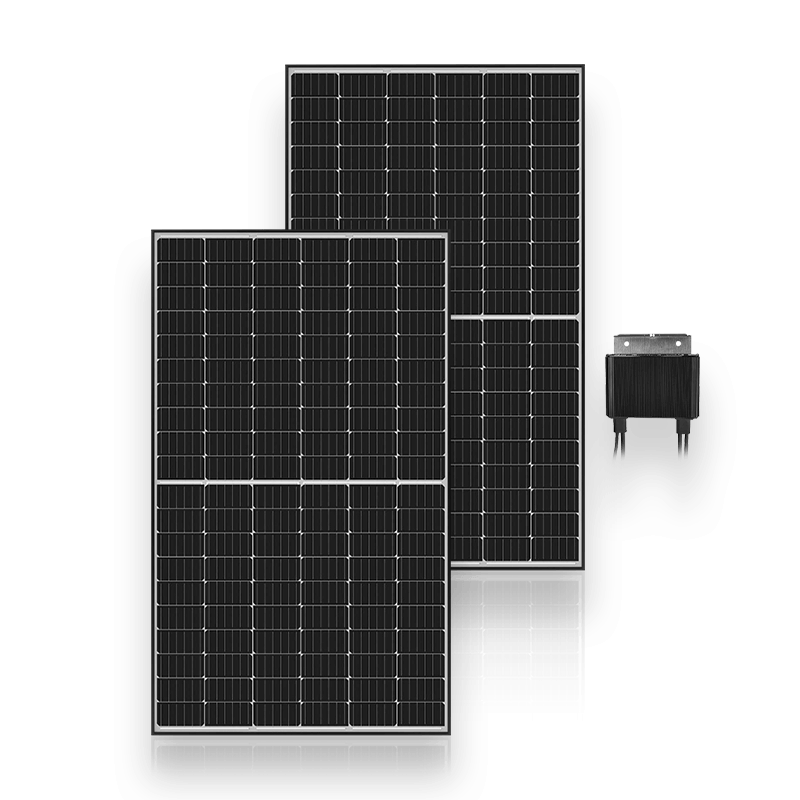

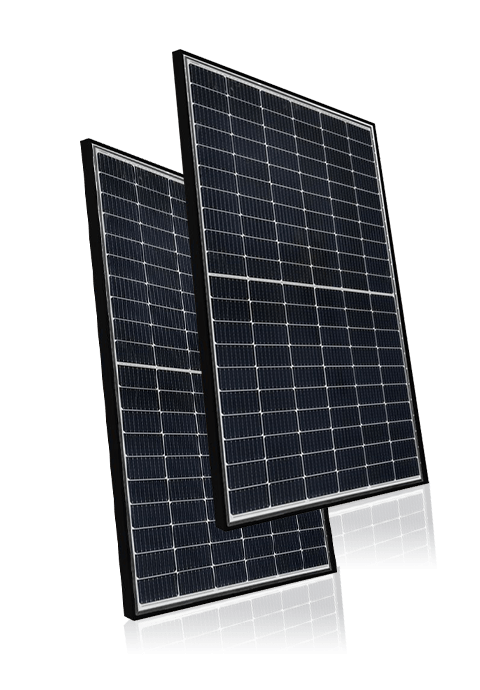

SUNTECH – LOW COST QUALITY SOLAR PANEL
Suntech panels have been tried and tested for 20 years. The founder learned his trade at the solar research facility of the University of NSW and links to Australia have remained strong. Solarpro recommends the Ultra V Mini, low cost N-type panel with a 25 year warranty in its standard solar power system range. N-type solar panels generate more power than P-type panels but typically cost more.

FAQ'S
Why should I go Solar?
How does solar power work?
We currently use 240 volt alternating current (AC) electricity in our homes and businesses. As a result, a box called an inverter, which is usually no bigger than a shopping basket, is used to convert the solar system’s direct current (DC) to the AC electricity so that it can be used in your home. Even a cloudy day can generate some solar power, albeit much less than a sunny day. Shade can be reduced with more advanced panels which have an optimiser added and a compatible inverter, so make sure to discuss this with your solar installer, if shade is an issue on your roof. While you cannot control the shade cast by clouds, you should place your panels in an area free of shadows cast by other objects such as trees and buildings. If this is not possible, Solarpro can recommend technology to manage this issue. Also, you may be able to split your solar panels across different parts of your roof that face different directions. For the best results, this type of setup will necessitate the use of an inverter that can accept multiple inputs.
What should I consider when buying a solar panel?
A simple way to get a feel for the quality of any good or service is to look at past and current customer experiences and feedback on the product. This can be accomplished by conducting an online search on forums and websites such as Facebook, Google, solar quotes etc. In looking for a company to install your solar array we recommend using a local company. Not just because we are one! We are approached by people who had their solar power systems installed by National companies and then find it very difficult to get the companies to come back when things need to be checked. While the solar power system initially might be cheaper, in the long run the financial return will be a lot less if the system is frequently not achieving the expected output or does not last as long as anticipated. If in your research you can’t find any information about the brand as well as product, it’s likely that the importer has not got a strong footprint in Australia. In that case, it may be best to avoid. Secondly, check to see what are the warranties that cover your system. Stay away from companies pushing terms such as Tier 1- and 25-year performance warranties. Tier 1 is not a reflection of panel quality, and the performance warranty is notoriously hard to claim. Look at the Product Warranty, and who is the company that backs it. You will want a warranty that covers the entire cost of removing, transporting, replacing, and reinstalling any defective panels within a specified time frame. Businesses that are unwilling to make this commitment are most likely not self – assured in their own product, which means you should not be either. All the panels recommended by Solarpro meet these criteria.
Can inverter and panels be repaired or are they straight replacement swaps?

